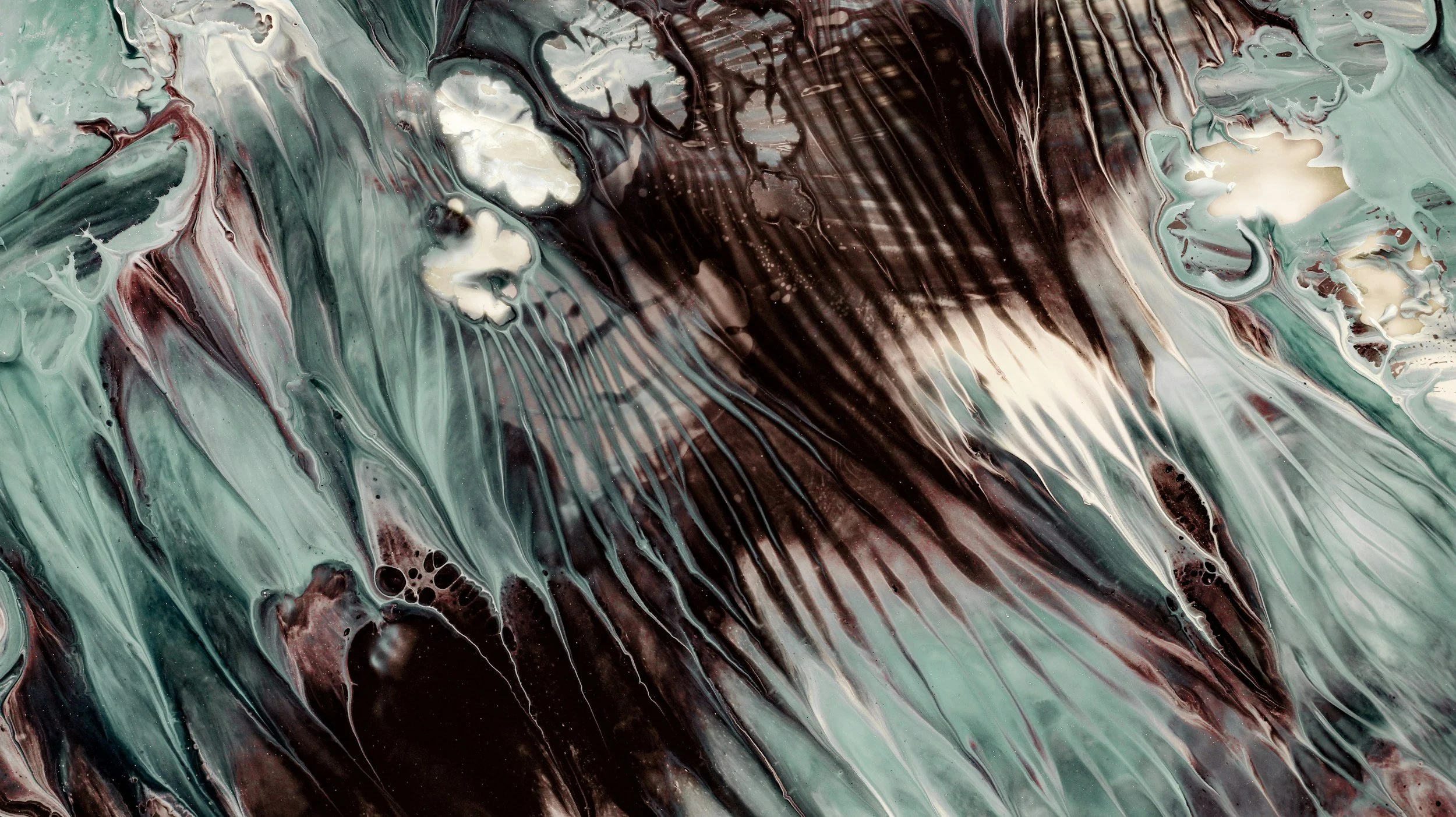Be Willing To Be Bad
Jon Farmer was one of the most creative folks at Stanford Business School. I don’t think there was anybody in our graduating class who would debate that. He was always dialed-in to the coolest stuff.
I wasn’t surprised to learn that that trend has continued through the pandemic. He’s taught himself to draw, seeing his progress improve “exponentially” over the last few months. He’s volunteered to build a server — from scratch — with some undergrad fraternity brothers from Yale.
“I don’t know how to do it, but I figured it’d be a great way to learn.”
Believe it or not, this is a hallmark of creative success.
Being willing to be bad at something, and improve over time. It hurts, but that kind of pain is the only way to growth. We get it when it comes to physical fitness, cardiovascular endurance, and the like. But for whatever reason, we see ourselves as fixed, stuck, when it comes to creativity.
“The data is in — there’s loads of research on this — there’s no such thing as a creative gene.” Maria Brito has been seeking to dispel the “creative gene myth”, drawing parallels between artists and entrepreneurs for the last decade plus of being an entrepreneur in the art world herself. “Steve Jobs did the same thing da Vinci did 500 years ago. Once students realize that, they realize they can practice and improve, too.”
This is how the most masterful creators that I know — true virtuosos in their fields — conduct themselves. Ato Essandoh is one of my creative heroes. He’s worked alongside Meryl Streep, Martin Scorsese, and countless other Hollywood stars. When we interviewed him for the P&P Podcast, he told us all about a side project he’s been working on with friends. He’s shooting it himself, on his iPhone, and directing it himself because, “There’s something about doing it viscerally yourself. You can have a legendary director tell it you, but when you see it unfold from the other side of the camera, then you understand it in a different way.”
What’s something you’re doing — that you’re not good at yet — for the sake of learning?
Related: Normalize Growth
Related: Make An Imperfect Attempt
Related: Involve Yourself In Folly
Join over 21,147 creators & leaders who read Paint & Pipette each week



AI can do almost anything you ask—faster and better than you imagined. But it will never do the one thing that makes you irreplaceable. Here, I share how a piece of career-saving advice from my dad, a billion-dollar insight from Sam Altman, and lessons from leaders like Meta’s Josh To reveal the skill that keeps you indispensable in an “agentic” era.